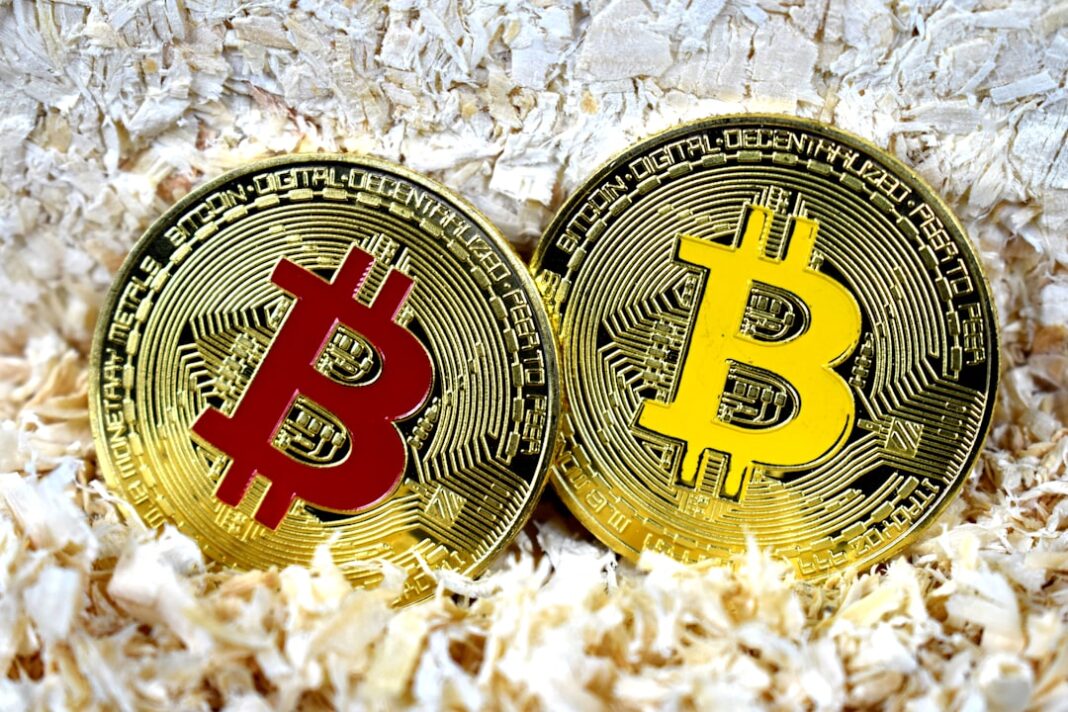Bitcoin’s fixed supply of 21 million coins has long been a cornerstone of its value proposition, enshrined in its code since inception. This hard cap is fundamental to Bitcoin’s scarcity narrative, drawing comparisons to digital gold. However, questions periodically arise regarding the possibility of altering this limit.
Technically, modifying Bitcoin’s supply would require a consensus-driven hard fork—a substantial change to the network’s protocol. This process demands widespread agreement among developers, miners, node operators, and the broader community. Historically, such changes have faced significant resistance due to the economic and philosophical principles underpinning Bitcoin.
Past discussions about increasing the cap, often motivated by concerns over long-term miner incentives or transaction fee sustainability, have gained little traction. Proposals have consistently been met with strong opposition from those prioritizing Bitcoin’s predictable monetary policy and censorship-resistant nature.
The resilience of the 21 million cap underscores a critical aspect of Bitcoin’s design: its immutability and resistance to change reinforce its credibility as a decentralized asset. While alternative cryptocurrencies have experimented with different emission schedules or inflationary models, none have rivaled Bitcoin’s network effects or store-of-value status. The unwavering commitment to its supply limit remains a key differentiator in the digital asset landscape.


